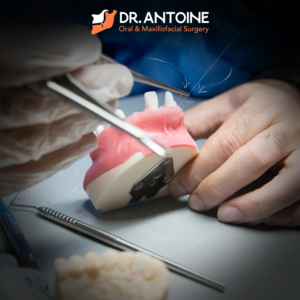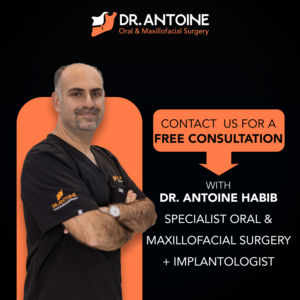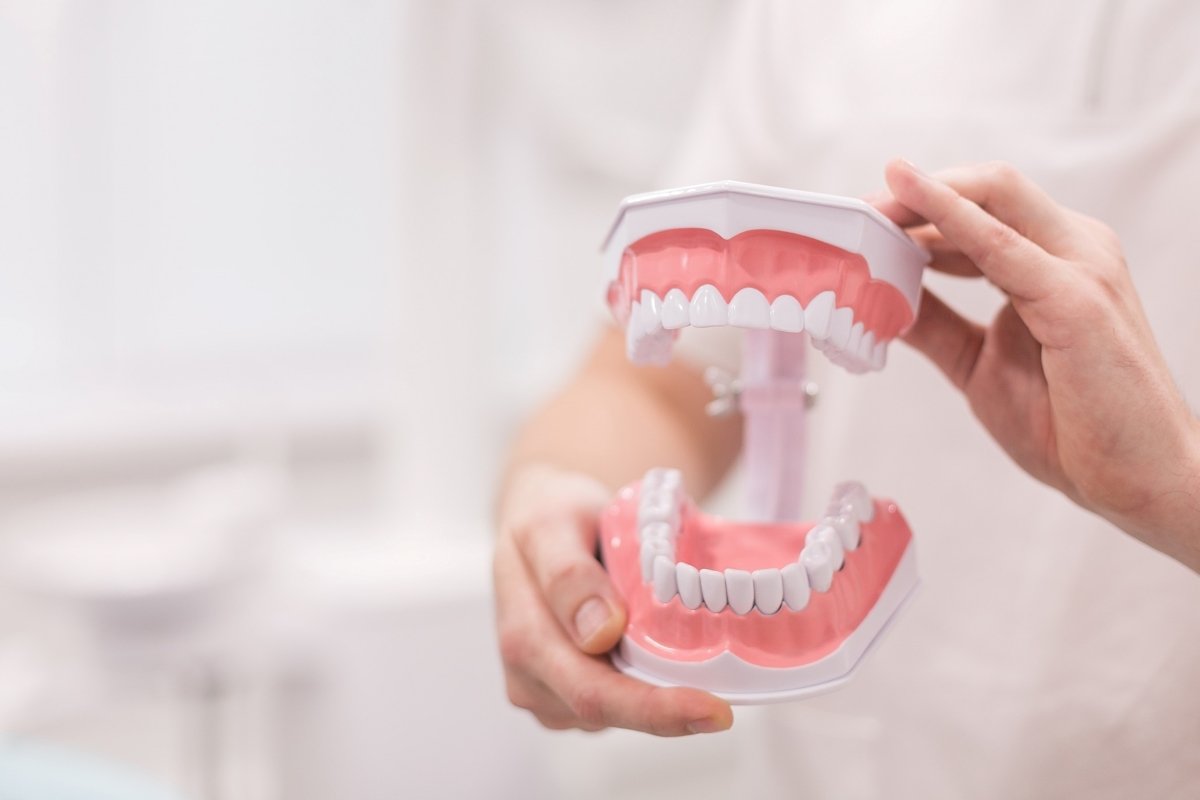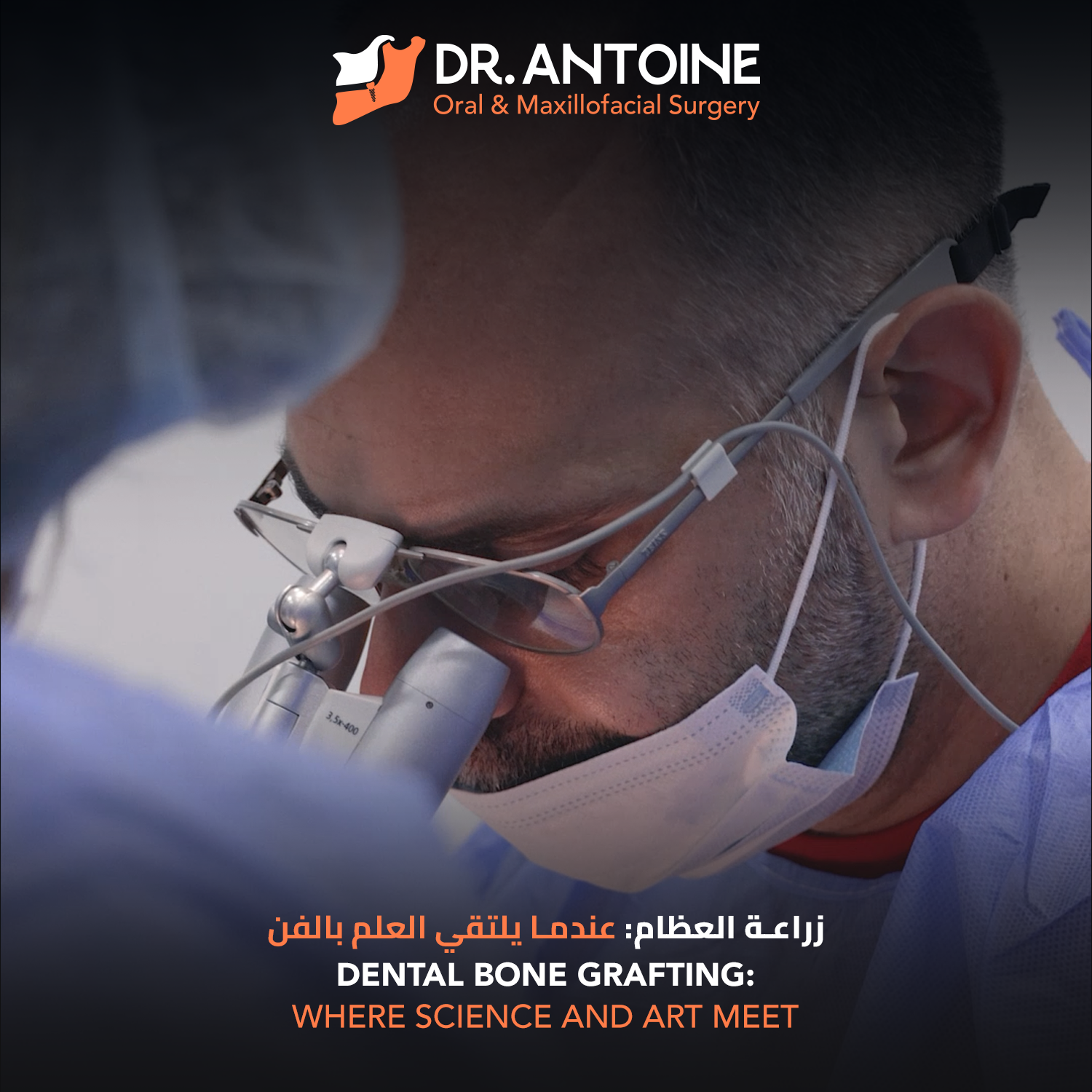Oral and maxillofacial surgery is a specialized field of dentistry that focuses on diagnosing and treating conditions related to the mouth, jaw, and face. Whether you need wisdom tooth extraction or corrective jaw surgery, this type of surgery can significantly improve both function and appearance. This article will cover the essential details of oral and maxillofacial surgery, including the conditions it addresses, the preparation process, and aftercare tips.
What is oral and maxillofacial surgery?
Oral and maxillofacial surgery is a branch of dentistry that involves the diagnosis and surgical treatment of conditions affecting the mouth, jaws, and facial structures. A specialized dentist, known as an oral maxillofacial specialist, performs procedures to correct jaw deformities, treat facial injuries, and remove oral cysts or tumors.
Common procedures include wisdom tooth ectomy (removal of wisdom teeth), treatment of jaw fractures, dental implants, and jaw deviation correction. This form of surgery is often required when non-surgical treatments, such as orthodontics, are insufficient to address severe oral or facial conditions.
What cases require oral and maxillofacial surgery?
There are several medical and cosmetic cases where oral and maxillofacial surgery is necessary:
- Wisdom Tooth Extraction: Impacted or misaligned wisdom teeth that can cause pain, swelling, or infection.
- Corrective Jaw Surgery: For cases of jaw deviation, where the upper and lower jaws do not align correctly, affecting chewing and speaking.
- Treatment of Jaw Fractures: Surgical intervention may be required to set and stabilize broken bones in the jaw.
- Removal of Oral Cysts and Tumors: Benign or malignant growths in the mouth may require removal to prevent further complications.
- Jaw Deformities: Congenital or acquired jaw deformities can affect appearance and function, necessitating surgery to correct them.
- Dental Implants: Surgical placement of implants to replace missing teeth.
Patients suffering from any of the above conditions often experience pain, discomfort, or aesthetic issues, and oral and maxillofacial surgery provides a lasting solution.
How is oral and maxillofacial surgery prepared?

Proper preparation for Oral and Maxillary Surgery is crucial to ensure a smooth procedure and successful recovery. A comprehensive plan, customized by an Oral Maxillofacial Specialist, minimizes risks and maximizes results. Below is a detailed breakdown of the essential steps involved in preparing for surgery:
1. Initial Consultation and Assessment
The process begins with a consultation, during which the Oral Maxillofacial Specialist assesses your condition, whether it involves facial and jaw-related conditions, such as wisdom toothectomy, jaw deviation correction, or the treatment of jaw fractures. This step helps determine the type of Oral and Maxillary Surgery required, such as corrective jaw surgery or the removal of oral cysts.
2. Review of Medical History
During this phase, patients provide the surgeon with detailed information about their medical history, including previous surgeries, current medications, and allergies. Transparency is vital to ensure the surgery is safe and tailored to the patient’s needs. For example, individuals with pre-existing health conditions may need additional care before proceeding with dental implants or jaw deformity treatment.
3. Imaging and Diagnostics
To prepare for Oral and Maxillary Surgery, advanced imaging techniques are often used. These include X-rays, CT scans, or 3D imaging to gain precise insight into the facial structure and jaw alignment. Such detailed diagnostics are especially important when planning orthodontic treatments, corrective jaw surgery, or the placement of dental implants. This ensures the surgery addresses the root issue and delivers lasting results.
4. Pre-Surgical Instructions and Precautions
The surgeon provides patients with specific pre-surgical instructions. These may include:
- Avoiding Certain Medications: Blood-thinning medications, such as aspirin, may need to be stopped to reduce bleeding risks.
- Fasting: Patients are often instructed to fast for several hours before the procedure, particularly for complex surgeries like wisdom toothectomy or the treatment of jaw fractures.
- Lifestyle Adjustments: In some cases, patients may be advised to quit smoking to enhance healing and recovery after surgery.
5. Tailoring the Procedure to Individual Needs
No two cases are the same in Oral and Maxillary Surgery. Whether it’s jaw deviation correction, dental implants, or the removal of oral cysts, each surgery is personalized to address the specific condition and goals of the patient. This careful planning reduces the risk of complications and ensures optimal outcomes, whether the goal is functional improvement or aesthetic enhancement.
What are the stages of oral and maxillofacial surgery?
The stages of surgery typically include:
- Pre-Operative Assessment: The specialist will conduct a final evaluation and confirm that the patient is fit for surgery.
- Anesthesia: Local or general anesthesia will be administered, depending on the complexity of the surgery.
- Surgery: The procedure may last from 1 to 3 hours, depending on the case, such as corrective jaw surgery or wisdom tooth extraction.
- Post-Operative Care: After the surgery, patients are monitored for a few hours before being discharged with instructions for home care.
How long does the recovery period take after surgery?
The recovery period after oral and maxillofacial surgery varies based on the complexity of the procedure:
- Minor Surgeries (such as wisdom tooth removal): Recovery typically takes 3-5 days.
- Major Surgeries (such as corrective jaw surgery): Recovery may take 2-4 weeks, with complete healing potentially taking up to 6 months.
Patients are usually advised to follow strict post-operative care guidelines to ensure proper healing.
What are the potential risks of oral and maxillofacial surgery?
Like any surgical procedure, oral and maxillofacial surgery carries potential risks, including:
- Infection: Surgical sites may become infected, although antibiotics are typically prescribed to reduce this risk.
- Nerve Damage: There is a slight risk of nerve injury, which may cause numbness in the lips or chin, especially in surgeries involving the lower jaw.
- Bleeding: Some bleeding is common after surgery, but excessive bleeding may require medical attention.
- Swelling and Bruising: These are normal post-surgical effects but typically subside within a few days.
Understanding these risks allows patients to make informed decisions and follow proper care practices to minimize complications.
What are the modern techniques used in oral and maxillofacial surgery?
Modern oral maxillofacial specialists use advanced technology to enhance precision and outcomes. Some of these techniques include:
- 3D Imaging: Provides detailed images of the jaw structure, improving surgical planning.
- Laser Surgery: Used for precise removal of oral cysts and tumors, with minimal damage to surrounding tissues.
- Minimally Invasive Surgery: Techniques like arthroscopy reduce recovery time and pain.
- Computer-Assisted Surgery: Ensures more accurate placement of dental implants and correction of jaw deformities.
These innovations make surgery safer and recovery faster.
How is pain dealt with after surgery?
Managing pain after surgery is essential for patient comfort and recovery. Here are common methods:
- Medication: Prescription painkillers or over-the-counter medications like ibuprofen or acetaminophen are typically recommended.
- Ice Packs: Applying ice to the affected area can help reduce swelling and numb the pain.
- Rest: Adequate rest is crucial to allow the body to heal and manage discomfort.
- Soft Diet: Consuming soft foods prevents additional strain on the jaw.
Most patients experience relief within a few days to a week, with pain management becoming easier as recovery progresses.
The most important care tips after oral and maxillofacial surgery
- Rest and Elevation: Keep your head elevated while resting to minimize swelling.
- Avoid Strenuous Activity: Limit physical activity for at least a week after surgery.
- Follow Medication Guidelines: Take all prescribed medications, including antibiotics and pain relievers, as directed.
- Maintain Oral Hygiene: Gently brush around the surgical site and rinse with salt water to prevent infection.
- Stick to a Soft Diet: Eat soft foods like yogurt, soup, and smoothies to avoid putting pressure on the surgical area.
Dr. Antoine’s Clinic: Experts in Oral and Maxillary Surgery

Dr. Antoine’s Clinic in Dubai offers comprehensive and specialized services in Oral and Maxillary Surgery at Dr. Antoine Habib’s Clinic, addressing a wide range of jaw and dental conditions. The clinic’s experienced team provides precise and effective solutions, including wisdom tooth extraction (wisdom toothectomy), treatment of jaw fractures, and corrective jaw surgery. They also specialize in advanced dental implant procedures and jaw alignment corrections, working closely with orthodontists to ensure optimal results.
Using state-of-the-art technology, such as 3D imaging, the clinic ensures meticulous planning for every procedure, enhancing recovery and minimizing risks. Whether you need oral cyst removal or complex jaw surgery, Dr. Antoine’s Clinic tailors each treatment to meet your specific needs, offering personalized care for a comfortable experience and long-lasting results.
FAQ about oral and maxillofacial surgery
Here are the answers to some of the most common questions about Oral and Maxillary Surgery to help you better understand the process and recovery.
1. How Long Does It Take for Swelling to Go Down After Surgery?
Swelling typically peaks within the first 48 hours following Oral and Maxillary Surgery and gradually subsides over 5 to 7 days. In more extensive procedures, such as jaw realignment or facial reconstruction, minor swelling may persist for up to two weeks. Applying ice packs during the initial 24 hours and keeping your head elevated can help reduce swelling.
2. Is Oral and Maxillary Surgery Painful?
Thanks to modern anesthesia techniques, patients experience minimal discomfort during Oral and Maxillary Surgery. Post-surgery pain is generally well-managed with prescribed medications. For minor procedures like wisdom toothectomy, over-the-counter painkillers may suffice. More complex surgeries, such as corrective jaw surgery or the treatment of jaw fractures, may require stronger pain management plans for the first few days of recovery.
3. Can I Return to Work Immediately After Surgery?
Your return to work depends on the type of Oral and Maxillary Surgery performed. For minor procedures like wisdom tooth extraction, most patients feel well enough to resume work within 3-5 days. However, for major surgeries, such as jaw deviation correction or the treatment of jaw deformities, a recovery period of 1-2 weeks is often recommended. Your surgeon will provide personalized advice based on your healing progress.
4. What Foods Can I Eat After Surgery?
Following Oral and Maxillary Surgery, a soft diet is recommended to avoid disturbing the surgical site. Foods like yogurt, mashed potatoes, and smoothies are ideal. Avoid hard, crunchy, or sticky foods that could interfere with healing, especially after procedures like dental implants or jaw realignment. Hydration is also essential to support recovery.
5. What Are the Risks of Oral and Maxillary Surgery?
While Oral and Maxillary Surgery is generally safe, potential risks include infection, excessive bleeding, and temporary numbness in the treated area. However, choosing a skilled Oral Maxillofacial Specialist and following pre- and post-surgery instructions carefully will significantly minimize these risks. For surgeries involving jaw fractures or dental implants, 3D imaging is often used to enhance precision and reduce complications.
With the right preparation and care, Oral and Maxillary Surgery can provide effective treatment for facial and jaw-related conditions. Make sure to consult with an experienced specialist to ensure the best outcomes and a smooth recovery.
Oral and maxillofacial surgery offers essential solutions for a wide range of facial and jaw-related conditions. Whether it’s wisdom tooth extraction or corrective jaw surgery, these procedures are tailored to enhance both functionality and aesthetics. If you are facing issues that may require surgical treatment, consulting a skilled oral maxillofacial specialist is crucial to ensure the best possible care and outcome.
Looking for expert care? Contact Dr. Antoine Habib’s clinic today to schedule your consultation and explore advanced solutions for your oral and maxillofacial health.




